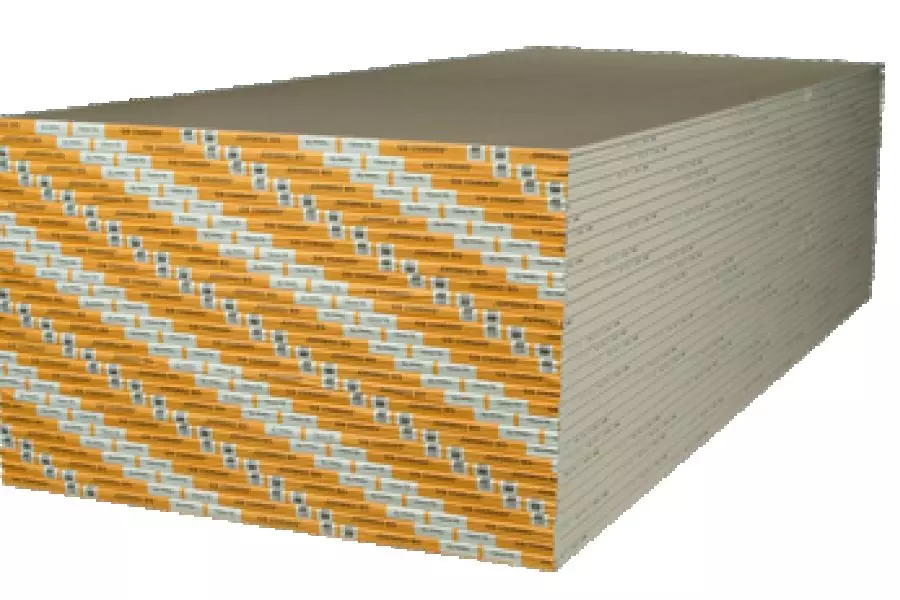News
Building material rebates dumped just ahead of Comcom report

Thursday 8th of December 2022
Winstone Wallboards, the manufacturer of GIB, says it will move to a tailored, flat pricing model based on volume.
The discontinued rebates paid to retailers by building companies, such as Fletcher’s, for selling its products is one of two main factors the Commerce Commission says is hampering competition in the building supplies industry.
Another problem identified in the...
Want to read the full article?
Click the button below to subscribe and will have unlimited access to full article and all other articles on the site.






![[The Wrap] Bye Bye Bayly](https://goodreturns.publit.io/file/c_fill,w_900,h_600/39f23ac1-f7c7-4854-b700-a150004ebbac.webp)


